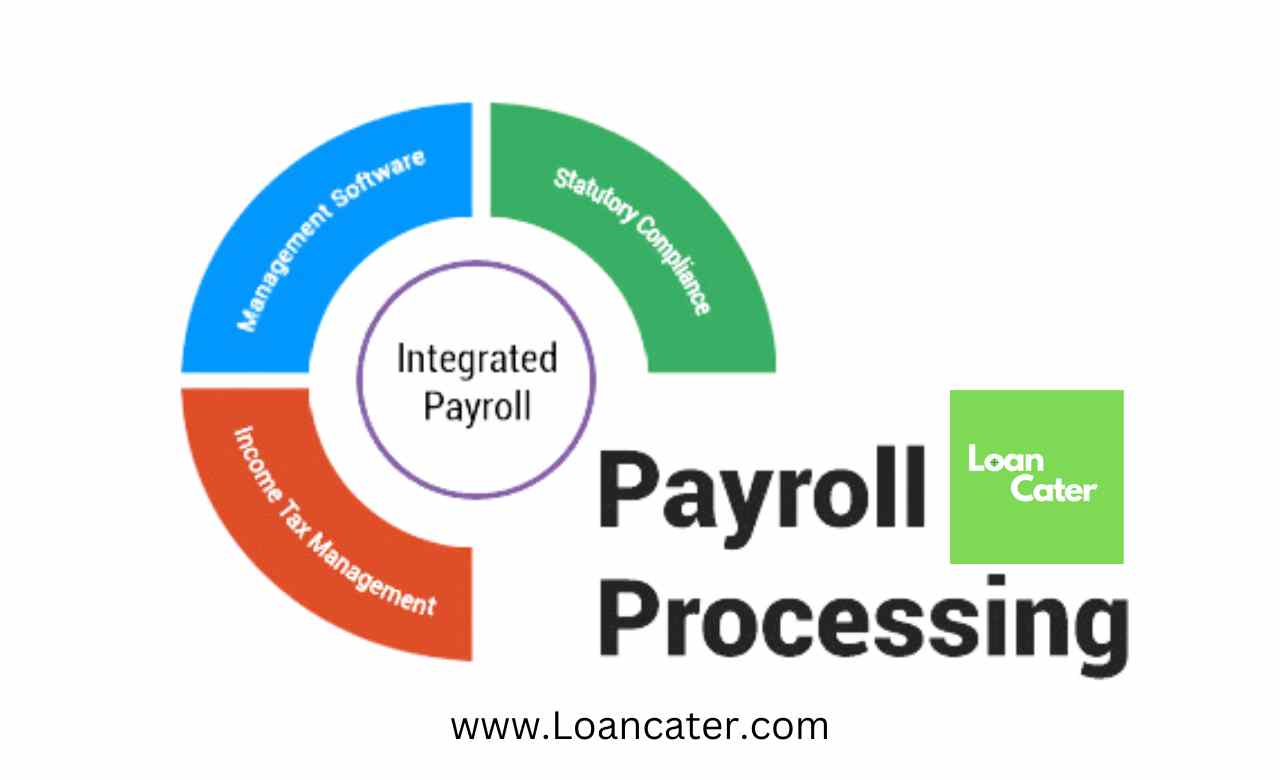In the dynamic world of construction, managing finances efficiently is the cornerstone of success. As construction companies undertake projects of varying scales and complexities, maintaining a steady cash flow becomes crucial. One area where managing cash flow can be particularly challenging is payroll. Ensuring that your hardworking employees are paid on time is not just a legal obligation but also a morale booster for your workforce. This is where payroll financing steps in as a valuable financial tool.
The Importance of Payroll Financing in Construction
Construction is a sector notorious for its fluctuations. While projects can bring substantial revenue, the timing of payments from clients, subcontractors, or agencies might not always align with your payroll schedule. Seasonal fluctuations, project delays, or sudden unexpected expenses can further exacerbate this issue. Ensuring your workers receive their wages on time is not only an ethical responsibility but also essential for retaining a skilled and motivated workforce.
Understanding Payroll Financing
What Is Payroll Financing?
Payroll financing, often referred to as payroll funding or payroll loans, is a financial mechanism designed to help businesses, including construction companies, cover their payroll expenses when cash flow is tight. It provides a short-term solution to bridge the gap between paying your employees and receiving payments from your clients or projects.
How Does It Work?
Payroll financing companies advance funds to your business, typically equivalent to a certain percentage of your outstanding invoices or accounts receivable. These funds can be used to meet your payroll obligations promptly.
Benefits of Payroll Financing in Construction
- Maintaining Employee Morale: Timely payment of wages ensures your workforce remains motivated and dedicated, which is crucial in the construction industry.
- Avoiding Penalties: Late payroll can result in penalties and legal issues. Payroll financing helps you avoid such complications.
- Flexibility: Payroll financing can be tailored to your specific needs, allowing you to secure funds when required.
Eligibility and Qualifications
Criteria for Construction Companies
Eligibility for payroll financing typically depends on your company’s creditworthiness, the volume of your accounts receivable, and your track record of fulfilling payroll obligations.
Financial Requirements
Payroll financing providers may have different financial requirements, but a healthy accounts receivable balance is a common criterion. Your invoices should also be free of liens and encumbrances.
Documentation Needed
To qualify for payroll financing, you may need to provide documentation such as your company’s financial statements, invoices, bank statements, tax records, and legal documentation.
Types of Payroll Financing

1. Invoice Factoring
Invoice factoring involves selling your unpaid invoices to a factoring company at a discount. The factoring company advances you a percentage of the invoice’s value immediately, and they collect the full invoice amount from your clients.
2. Payroll Loans
Payroll loans are short-term loans specifically designed to cover payroll expenses. They provide an immediate cash injection to meet your payroll obligations, which you’ll need to repay, often with interest.
3. Pay-As-You-Go Workers’ Compensation
In industries like construction, where workers’ compensation is a significant expense, pay-as-you-go workers’ compensation plans can be utilized. These plans allow you to pay insurance premiums based on your actual payroll, preventing large upfront payments.
Payroll Financing in the Construction Business
Loan Amounts:
Payroll financing for construction businesses can range from a few thousand dollars to several million dollars. The exact loan amount depends on the size and financial health of the construction company, the lender’s policies, and the specific financing product chosen.
Interest Rates:
Interest rates for payroll financing in the construction industry can vary widely. On average, interest rates for short-term payroll loans might range from 8% to 30% or more, depending on factors such as the company’s creditworthiness and the lender’s terms.
Growth of Online Lenders:
Over the past decade, there has been a notable increase in the number of online lenders offering payroll financing to construction companies. These lenders often provide quicker access to funds and may have less stringent credit requirements compared to traditional banks.
Use of Invoice Factoring:
Many construction companies use invoice factoring as a form of payroll financing. This involves selling outstanding invoices to a financing company at a discount in exchange for immediate cash. Factoring rates can range from 1% to 5% of the invoice value.
Small Business Administration (SBA) Loans:
SBA loans, including the 7(a) and 504 programs, have been a significant source of financing for small construction businesses. These loans can offer favorable terms, including lower interest rates and longer repayment periods.
The Application Process
Finding the Right Lender
Choosing a reputable payroll financing provider is crucial. Research and compare various providers to find one that aligns with your construction company’s needs.
Preparing Necessary Documents
Before applying for payroll financing, gather the required documentation, including financial statements, invoices, and tax records.
Application Submission
Submit your application to the chosen payroll financing provider. Ensure all required documents are included and accurate.
Approval Timeframes
The approval process for payroll financing varies by provider. Some offer quick approvals, making it possible to secure funds within days, while others may take longer.
Managing Payroll Financing
Responsible Fund Usage
Once you’ve secured funds through payroll financing, use them exclusively for meeting payroll obligations. This ensures transparency and responsible fund management.

Tracking and Reporting
Maintain meticulous records of your payroll financing transactions. Accurate reporting helps in managing your finances effectively.
Navigating Repayments
Understand the terms of your payroll financing agreement, including repayment schedules and interest rates. Ensure you can meet these obligations to avoid any financial strain.
Pros and Cons of Payroll Financing
1. Advantages for Construction Businesses
- Cash Flow Stability: Payroll financing provides a stable cash flow, allowing you to pay your employees on time.
- Flexibility: It’s a versatile financing option that can be adjusted to your construction company’s needs.
2. Potential Drawbacks and Risks
- Cost: Payroll financing comes with fees and interest rates, which can be relatively high compared to traditional financing.
Success Stories
1. Case Study: Loancater and Payroll Financing
Explore a real-life case study of a construction company that successfully utilized payroll financing to navigate cash flow challenges.
2. Real-Life Examples of Positive Outcomes
Highlight instances where construction businesses benefited from payroll financing, showcasing its practicality and effectiveness.
Legal and Compliance Considerations
1. Regulatory Framework
Delve into the legal regulations surrounding payroll financing in the construction industry, ensuring readers are aware of their responsibilities.
2. Tax Implications
Explain the tax implications of payroll financing, helping construction companies navigate potential financial pitfalls.
3. Compliance Best Practices
Guide on maintaining compliance with payroll financing agreements and legal requirements.
Overcoming Common Challenges
1. Addressing Cash Flow Gaps
Offer strategies for dealing with cash flow gaps in construction projects, emphasizing proactive financial planning.
2. Minimizing Loan Costs
Provide tips for minimizing the costs associated with payroll financing, ensuring construction companies make financially sound decisions.
3. Handling Unexpected Delays
Discuss how construction companies can navigate unexpected delays in project payments, preserving cash flow stability.
Conclusion
Emphasize the critical role of payroll financing in ensuring smooth operations within the construction sector. Encourage construction companies to explore this financing option responsibly and effectively for sustained growth and success.
